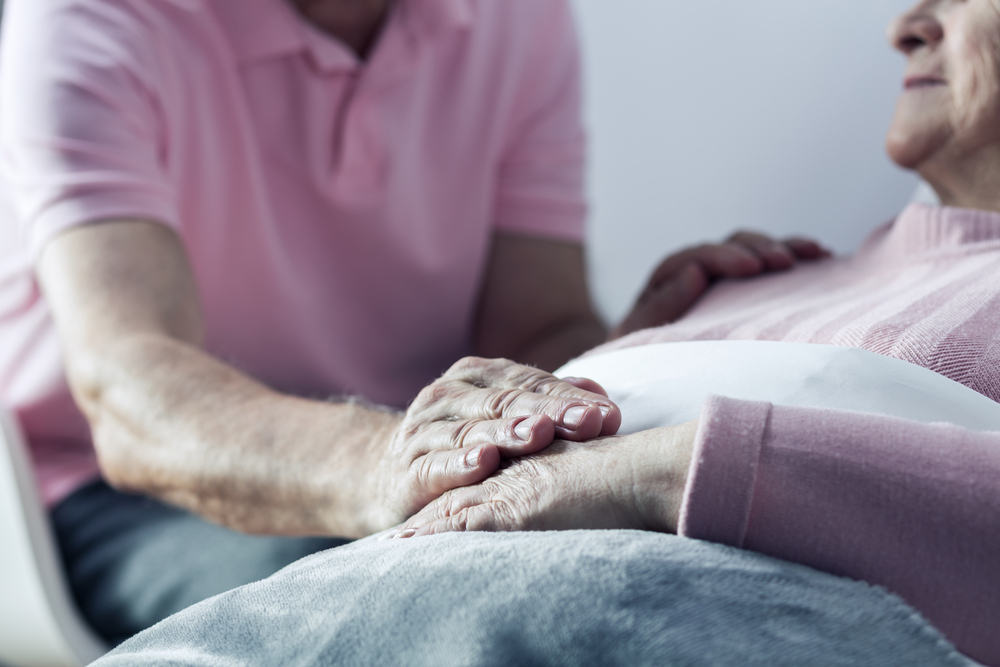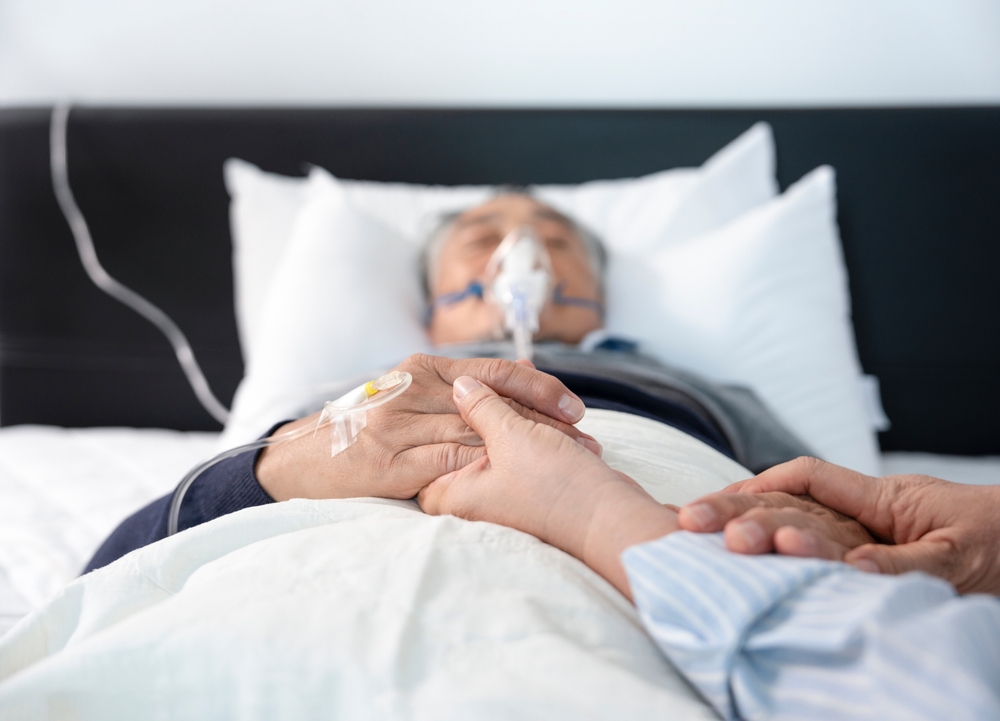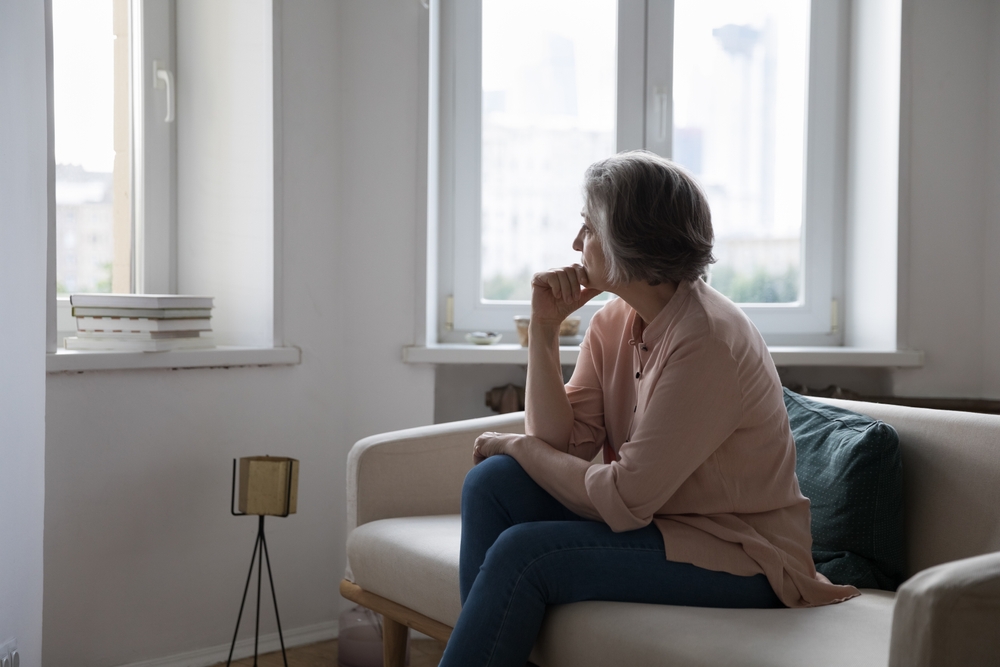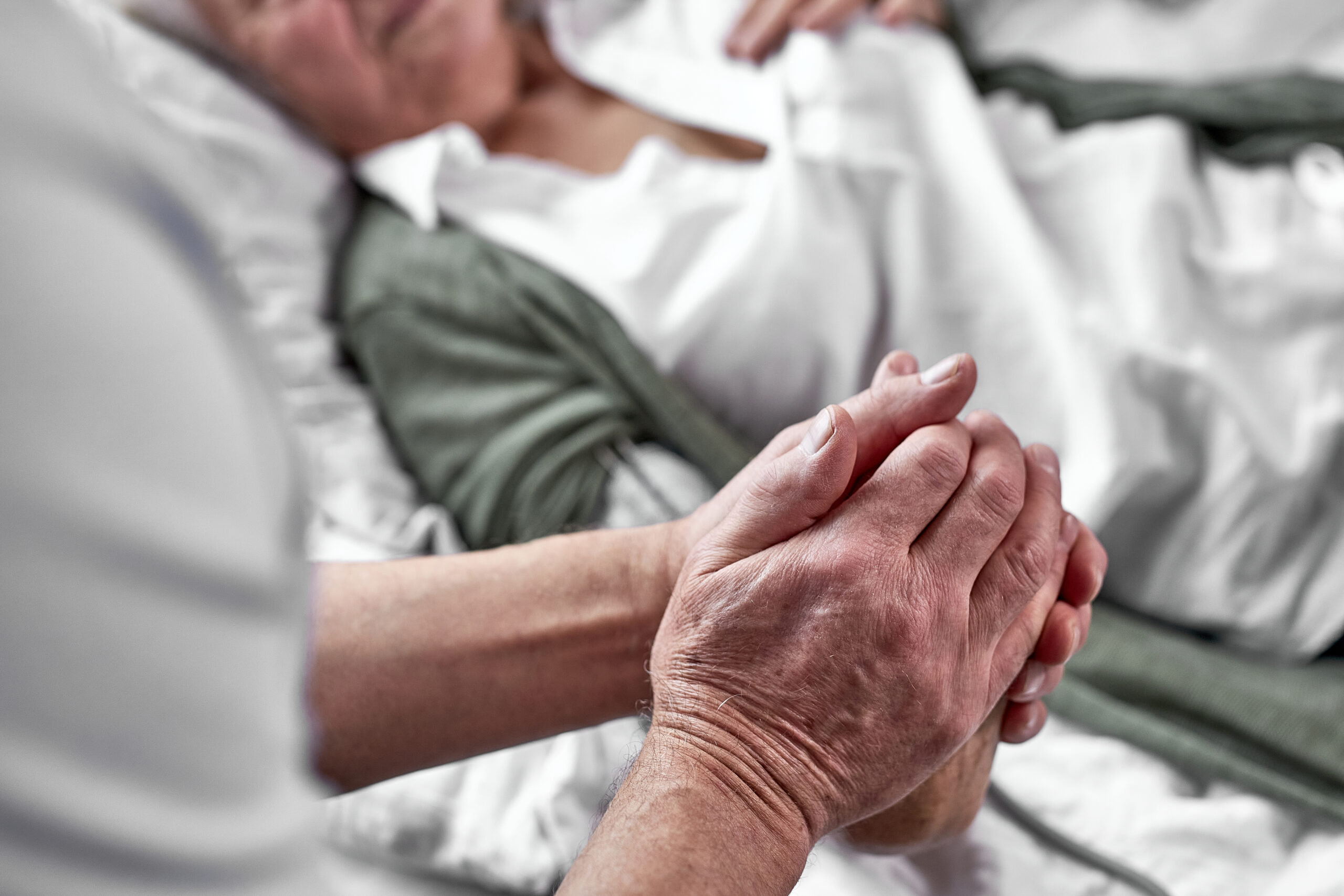What Keeps a Dying Person Holding On
Category:

Watching a loved one slowly decline can be difficult and sometimes that grief gets prolonged due to them simply holding onto life. Explaining why they are holding on can bring some much-needed clarity so you can ultimately help them move on so they are no longer in pain. This process might bring up some questions; why does a dying person linger? How can we support a dying loved one once they enter those final days? In this post, we will review what you need to know when a hospice patient won’t die and ultimately how to prepare for their life to end.
Hanging on to Life
According to the National Hospice and Palliative Care Organization, each year over 1.5 million Americans will be served by a hospice agency with nearly 30% dying in their first week. Meanwhile, around 60% of hospice patients live beyond a week. However, most die prior to the six-month mark. There are various reasons why a dying person may hang on to life and we will review those in the next sections.
Emotional Reasons for a Dying Person Holding On
A dying person may also keep hanging on due to emotional reasons. Some of these reasons include:
- Guilt. Some hospice patients may feel guilty about leaving loved ones behind or missing their life milestones. Addressing the patient’s guilt can help them work through their feelings.
- Fear. The general fear of death or the unknown can ultimately lead to resistance of the dying process. It is best to talk to the patient and validate their concerns to help them come to terms with it.
Spiritual Reasons for a Dying Person Holding On
A dying person may also be hanging on to their life due to a variety of spiritual beliefs. This can include:
- Fear of the afterlife
- Fear of a new beginning (e.g. reincarnation)
- Death being a sign of punishment or sign of failure
The best way to guide a dying patient is to talk to them about their spiritual beliefs and provide resources and support, such as spiritual counseling, prayer, or meditation.
Download Our FREE Path to Care Guide
Preparing for the Final Days
A hospice patient who stops eating can die as early as a few days but in rare instances can survive several weeks. As a patient prepares for their final days, you can help them by doing the following:
- Keep them comfortable. Use soft padding to make beds and chairs more comfortable and frequently change bed sheets as needed. You can also help them change positions, elevate their head, help them lay on their sides, or make sure they’re warm.
- Keep them hydrated. If a patient can swallow, keep their mouth and lips moist by offering small sips of liquid via a spoon or straw. It’s also recommended to combat dryness with swabs or lip balms.
- Stay engaged. Communicate with them in a clear and calm voice and give them positive affirmations that don’t require a response. Simply saying something like “everything is OK” can help calm a patient.
Subscribe
Date: 2024-05-22
Category:


